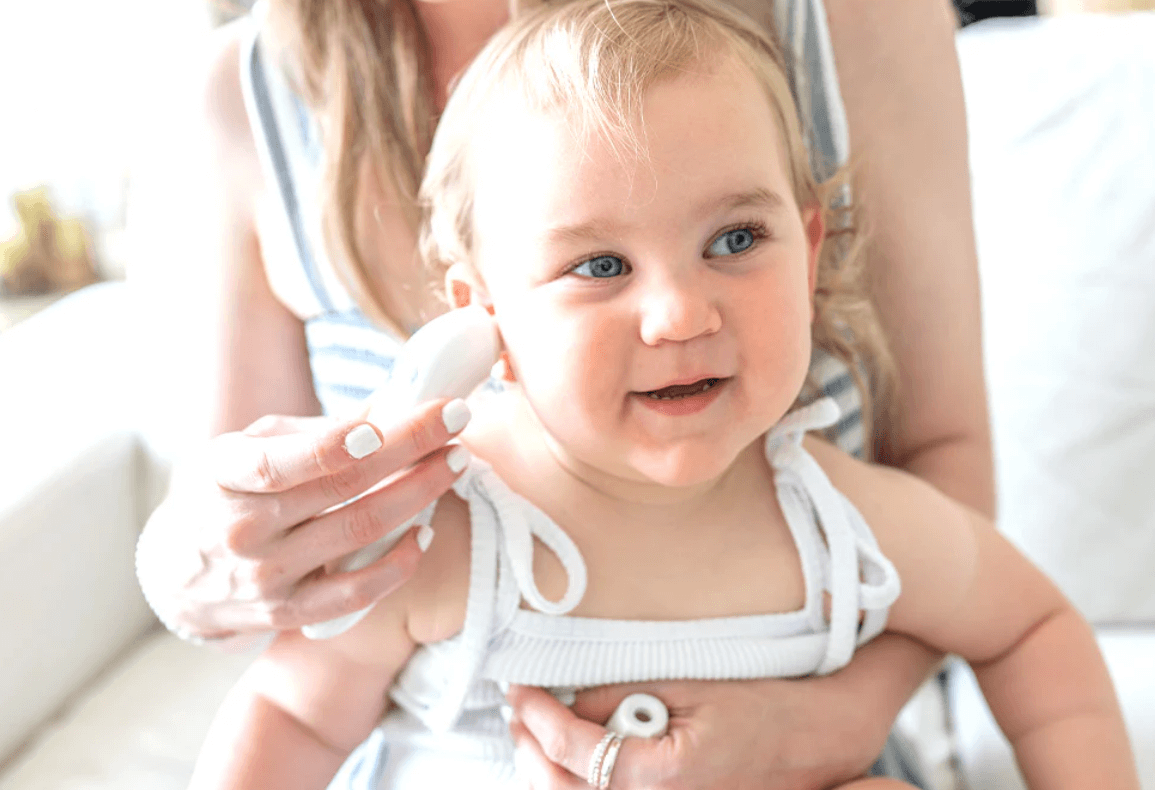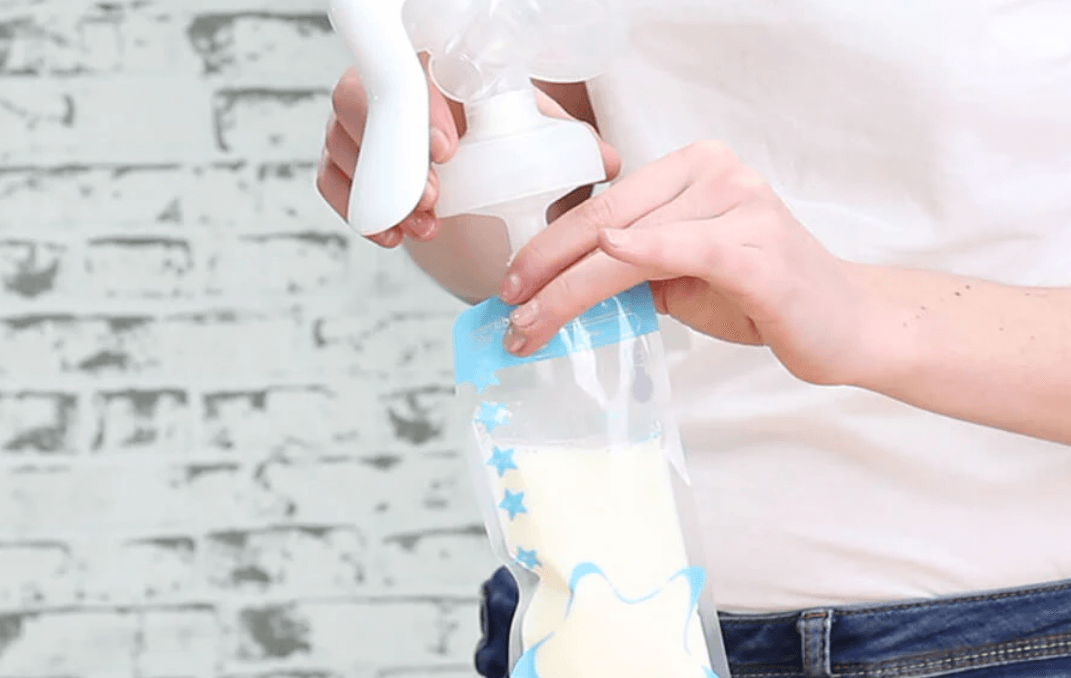Comparing Digital and Mercury Thermometers: Which is Best for Accurate Temperature Readings?

When your baby is feeling under the weather, one of the first steps you take as a parent is checking their temperature. But with the array of thermometers available, which one should you choose? Let's delve into the world of thermometers to help you make an informed decision.
Understanding Thermometers
A thermometer is a vital tool for monitoring your baby's temperature. Different types cater to varying needs and age groups, ensuring accurate readings for worried parents.
Types of Thermometers:
Digital Armpit Thermometer: This user-friendly option is ideal for children under 5. Simply place it in your child's armpit for about a minute, following the manufacturer's instructions for precise readings.
Digital Ear (Tympanic) Thermometer: Quick and efficient, this thermometer reads your baby's temperature in just seconds. However, proper positioning in the ear is crucial for accuracy, and it tends to be pricier.
Digital Forehead Thermometer: By scanning the temporal artery on the forehead, this thermometer provides convenience and ease of use. It detects infrared heat emitted from the head, making it a popular choice among parents.
Glass and Mercury Thermometer: While accurate, this traditional thermometer poses risks due to its mercury content. Placed under the baby's tongue, it's fallen out of favor due to safety concerns.
Benefits of Digital Thermometers vs Mercury Thermometers
Digital thermometers offer swift, accurate readings without the risk of mercury exposure. They're portable, easy to read, affordable, and low maintenance, making them the preferred choice for parents.
Choosing the Best Thermometer
Among the options available, the Cherub Baby 4-in-1 thermometer stands out. This award-winning device reads both ear and forehead temperatures in just one second. With features like a built-in flashlight, compact design, and automatic shut-off, it's a versatile and reliable choice for both babies and adults.
Tips for Monitoring Your Baby's Temperature
Fevers often accompany common infections, but it's essential to monitor them closely. Use a digital thermometer to check your baby's temperature, seeking medical attention if it persists or exceeds safe levels. Vaccinations can help prevent illnesses, reducing the likelihood of fever.
Conclusion
Remember, fluctuations in temperature are normal for babies as their immune systems develop. With the right thermometer and vigilant care, you can confidently navigate your baby's health journey. For further guidance, consult your GP or visit trusted healthcare websites.
Explore the range of thermometers at Baby Bunting to equip yourself for your baby's well-being. Have questions or feedback? Feel free to share below!





